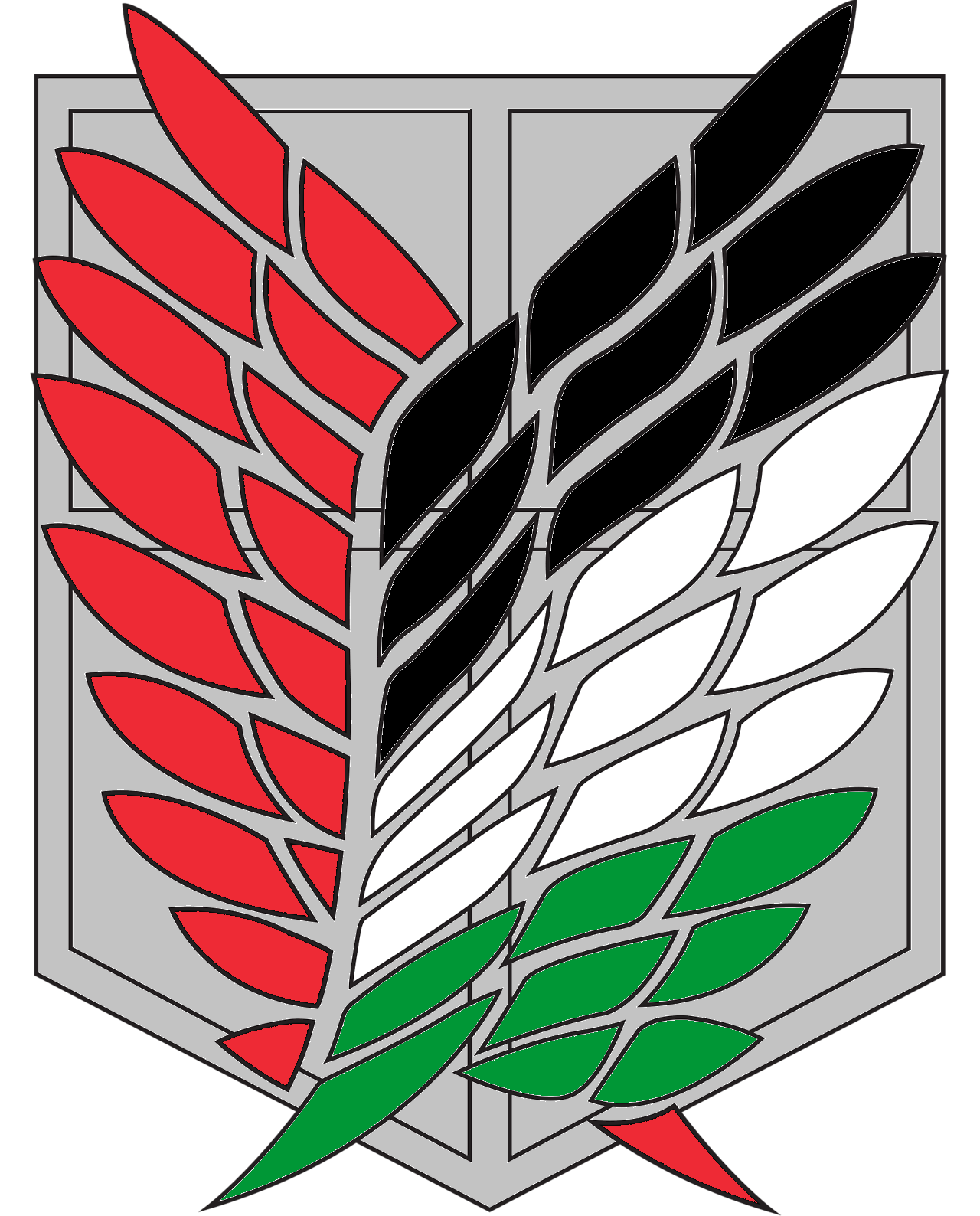This is a topic I was made aware of months ago, but decided to hold off on researching it. I was hoping it was just some anti-Semitic trope. I didn’t want it to be true. It’s enough to make a person sick to his stomach. After reports of this practice resurfaced following Israel’s attacks on al-Shifa Hospital and Nasser Hospital in Gaza in April 2024, I figured it was time to look into it further.
This is a topic one might expect to see in a dark, gritty East Asian action film. Then again, it’s something that could happen anywhere. What am I even talking about? Organ theft and trafficking.
First, what exactly is this practice? Organ theft is the act of removing body parts from a non-consenting victim such as a kidney or liver, typically for the purpose of selling it on the black market. With organ trafficking, there can be willing participants who are in financial straits or are seeking asylum somewhere, and are willing to sell an organ.
The organs are normally sold for transplants, as there are many people in the world waiting for an organ. Demand is greater than supply, and Israel is no exception. According to a 2020 report published by the International Journal of Environmental Research and Public Health, “it is estimated that the illegal trade of human organs generates about 1.5 billion dollars each year…” There is clearly plenty of money to be made.
After Palestinian civil services were able to examine the aforementioned hospital sites once Israeli forces withdrew, they found signs of torture and executions, but disturbingly also found signs of organ theft from Palestinian bodies. A simple Google search revealed that this wasn’t a new practice. In fact, it goes back decades.
Here’s what CNN reported in December 2009:
“Israel harvested organs from bodies in the 1990s without permission of family members, the former head of a state-run forensic laboratory said in a newly released interview.”
“Government officials acknowledge that the practice happened, but emphasize that it ended years ago.”
This CNN piece also references a 2000 interview with Israeli doctor Yehuda Hiss, in which he admitted on Israeli television that corneas were harvested without permission from victims’ families. So much for ending the practice “years ago.” Dr. Hiss (that would make a great villain name) also stated that body parts like heart valves, skin, and bones were included in the harvesting. The skin is used for Israeli soldiers with burns.
It’s worth noting that Israel enacted a law in 2008 called the Organ Transplant Law. The Israel Journal of Health Policy Research stated in a 2018 paper:
“[The Transplant Tourism] section of the law bans organ trafficking and reimbursement by Israeli health funds for illegal transplant tourism. For years, in the face of the severe organ shortage, Israeli authorities tolerated the practice of purchasing organs abroad and facilitated transplant tourism by permitting local health funds to reimburse patients for commercially transplanted organs.”
This seems to be a direct admission that Israeli authorities allowed the practice of illegal organ trade. And it goes without saying that enforcing a law is different than enacting a law.
In November 2023, several weeks into Israel’s assault on Gaza, Euro-Med Human Rights Monitor expressed concern about organ theft from deceased Palestinians.
“Medical professionals reportedly found vital organs, such as livers, kidneys and hearts, alongside cochleas and corneas, were missing, which the Euro-Med Monitor called ‘evidence’ of potential organ theft.”
Organ theft and trafficking are not unique to Israel, but it’s a disgusting, unethical practice that needs to stop. With Palestine in particular, it’s bad enough that Palestinian civilians are subjected to such extreme levels of military force. Why add insult to injury? At least in death, let Palestinians rest in peace.

Leave a comment